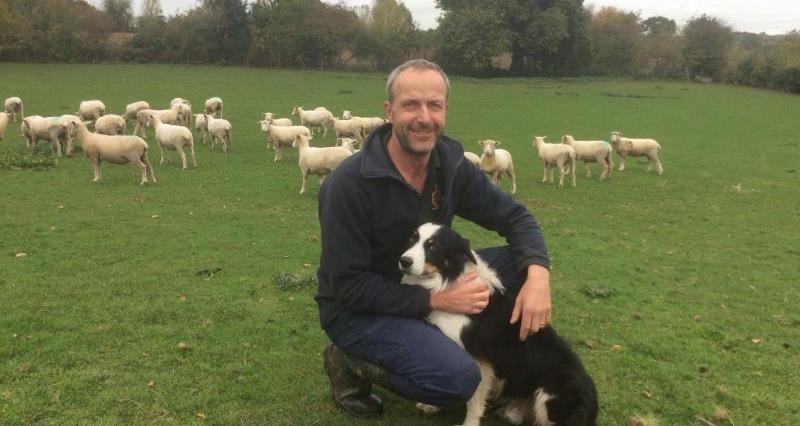Chatting with Organic Forum chairman, Tom Rigby, at the end of the NFU conference he commented that there had been no mention of Organic farming over the two days. I had enjoyed the conference and was in a positive frame of mind, I replied; that may be true, but while still a small sector, organic is now everywhere.
Organic representation is now throughout our organisation; we have the Organic Forum with representatives from all regions and sectors and important co-options; the chairman of the forum attends Council, gives a presentation twice a year and is co-opted to Policy Board at least for the duration of Brexit negotiations, and there is a requirement for at least one organic producer on each Commodity board.
Conference also presented us with a fresh new officeholder team; Stuart Roberts is an organic farmer; Guy Smith has some organic registered land and Minette Batters has always been very supportive of the sector - previously chairing the Organic “Issues” Group. With this, there is a focus on provenance, branding and marketing which will be beneficial to our sector.
The focus of Micheal Gove’s new Domestic Agricultural Policy will be built on high standards for the environment and animal welfare. It is true he doesn’t mention organic but we are already doing what he appears to want, so surely we are well placed?
The market for organic food is maturing, demand is growing, but sadly much of this is supplied by imports. There are opportunities for import substitution of food products and livestock feed as well as high value exports. With changes in mainstream farming practice I see organic certification as “gold standard” farm assurance for excellent products. We can’t sell sub standard produce under an organic logo.
While important, representation is not my main reason for optimism. I have so many conversations where “organic” methods and principles are discussed and being used. Cover crops, green manures, min. till, no till, sustainable rotations, soil health, multi species/herbal leys, low input livestock, pastured, grass fed; any number of more sustainable practices and principles are being used in mainstream agriculture.
It is very encouraging that we are now moving the language from sustainability to regeneration. Stoping further environmental degeneration is not good enough. To thrive in the future we must regenerate and restore the environment. I see the same in the Union; holding membership isn’t good enough, we need to be growing so our work goes further and our messages are stronger.
I wish all our new office holders the best of luck in no doubt challenging but also exciting times.
